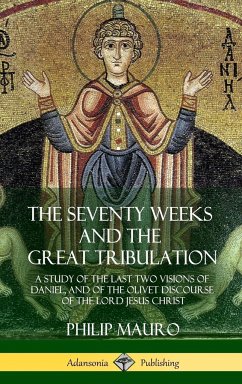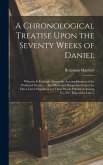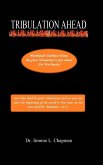In this exceptional commentary of the Bible, preacher and scholar Philip Mauro explains two of the most famous visions of the prophet Daniel and the Great Tribulation. Renowned for his intellectual depth and skills of plain explanation, Philip Mauro's mission in life was to enlighten his fellow Christian regarding the Biblical lore. Often members of his congregation would grow concerned or worried at not understanding aspects of the Bible; the Book of Daniel, with its dense series of prophecy, was among the commonest source of frustration for believers. Part One of this book explains the various revelations and visions of Daniel, who foresaw apocalyptic events which are collectively referred to as The Seventy Weeks. The second part of the book, discussing the prophecy of the Lord as delivered to Jesus from atop Mount Olivet, tackles the contents and clarifies the meanings of this prophetic event.








